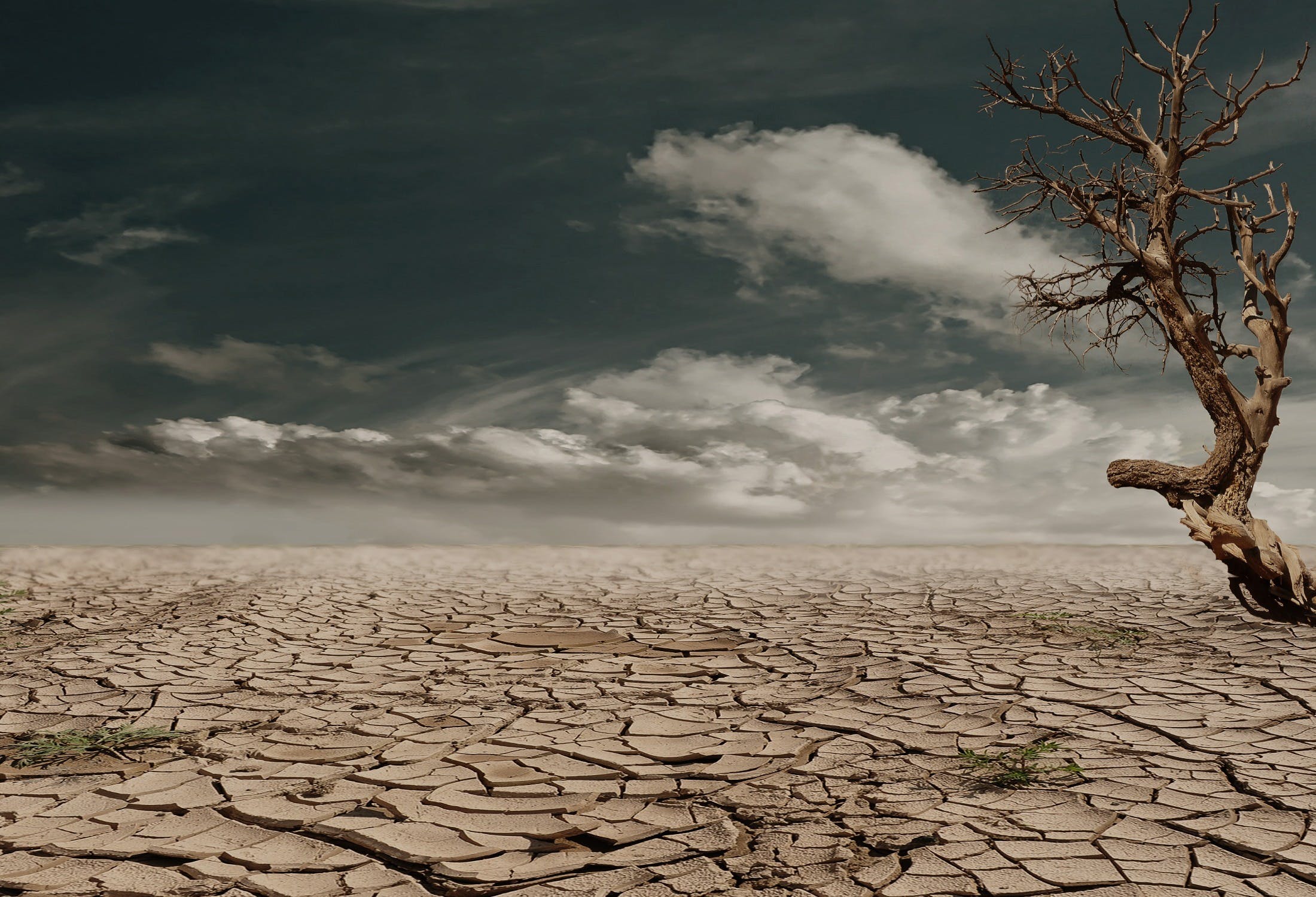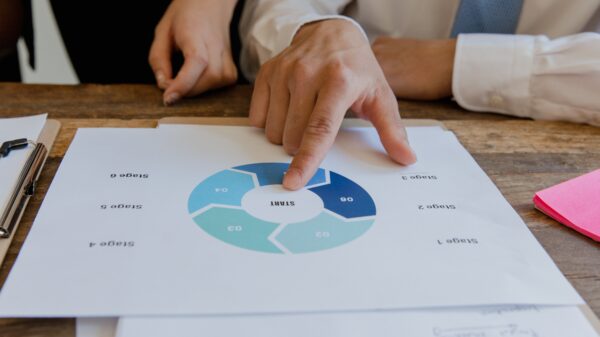Climate change is an issue that affects every single one of us. It’s a global crisis with far-reaching consequences, from rising sea levels to extreme weather events. But what about the economic impact? How will climate change affect our wallets and bank accounts? The truth is that the economics of climate change are complex and multifaceted, spanning everything from agriculture to energy production. In this blog post, we’ll explore the economics of climate change and examine how it’s affecting industries around the world. So buckle up and get ready for a deep dive into this critical issue!
Introduction to Climate Change
Climate change is one of the most pressing issues of our time. It is a global problem that requires a global solution. The economics of climate change are complex, but they can be boiled down to two simple facts:
1. Climate change is caused by human activity.
2. Climate change has serious economic consequences.
The most important thing to understand about the economics of climate change is that the costs of inaction are far greater than the costs of action. In other words, it is cheaper to prevent climate change than to clean up after it.
This is because the damage caused by climate change will be felt for generations to come, while the benefits of taking action will be felt immediately. For example, investing in renewable energy will create jobs and spur economic growth in the short-term, while also helping to reduce greenhouse gas emissions and mitigate the effects of climate change in the long-term.
The bottom line is that taking action on climate change is not only morally right, it makes good economic sense as well.
Economic Impact of Climate Change
The economic impact of climate change is far-reaching and complex. It touches every sector of the economy, from agriculture to energy to transportation. The costs of climate change are already being felt by businesses and households across the country, and those costs are expected to rise in the future as the effects of climate change intensify.
Climate change is expected to have a wide range of impacts on the economy, including:
Reduced agricultural productivity: Higher temperatures and changes in precipitation patterns will lead to reduced crop yields, increased water needs, and more pests and diseases. This will result in higher food prices and lower incomes for farmers.
Damage to infrastructure: Extreme weather events like floods, hurricanes, and heat waves will damage roads, bridges, buildings, and other critical infrastructure. These repairs will be costly, and they may not be possible in some cases if the damage is too severe.
Higher energy costs: As demand for electricity increases during heat waves and extreme weather events, utilities will need to purchase more expensive power from the grid. This could lead to higher energy bills for consumers.
Disruption to supply chains: Extreme weather events can disrupt transportation networks and damage warehouses full of inventory. This can lead to shortages of goods and materials, which can raise prices or cause businesses to temporarily close their doors.
Increased health care costs: Climate change will exacerbate existing health problems like allergies and respiratory illnesses while also creating new ones. This will put strain on our already overburd
Regional Effects of Climate Change
Climate change is already having significant and costly impacts on our nation. Rising temperatures and changes in precipitation are disrupting long-standing natural systems and processes, including agricultural production and the timing of seasonal events such as plant flowering and bird migration. These shifts already are harming economies, livelihoods, infrastructure, health, and the environment. Without action to reduce global emissions, climate change is expected to cause substantial damages to the United States’ social fabric and economy over the rest of this century.
Climate change affects different regions of the country differently. The Southwest is particularly vulnerable to reduced water availability, increased wildfires and insect outbreaks, health risks from extreme heat waves, and damage to critical infrastructure such as roads, bridges and buildings from increased flooding and landslides. The Southeast is also at risk from many of these impacts, as well as hurricanes becoming more intense and damaging as sea levels rise. The Midwest may see increases in crop productivity in some areas due to a longer growing season, but overall it is projected to experience greater economic losses from climate change than any other region of the country.
impacts of climate change are already being felt in all 50 states and U.S. territories;
the costs of inaction are likely to be much greater than the costs of taking action;
reducing emissions will require a sustained effort over many decades; and mitigation efforts alone will not be enough—we must also prepare for the impacts that are now unavoidable.
Economic Solutions to Mitigate the Effects of Climate Change
Climate change is one of the most pressing issues of our time, and its effects are already being felt around the world. The good news is that there are economic solutions that can help to mitigate the effects of climate change.
One solution is to put a price on carbon emissions. This can be done through a carbon tax or a cap-and-trade system. By making polluters pay for their emissions, we can discourage them from emitting greenhouse gases into the atmosphere.
Another solution is to invest in renewable energy sources such as solar and wind power. These clean energy sources will help us to reduce our reliance on fossil fuels, and they will create jobs in the green economy.
We also need to increase energy efficiency in our homes, businesses, and industries. This can be done through better insulation, more efficient appliances, and smarter building design.
We need to plant more trees. Trees absorb carbon dioxide from the atmosphere and help to cool the planet by shading us from the sun’s heat.
These are just some of the economic solutions that can help to mitigate the effects of climate change. If we act now, we can make a difference for future generations.
Consequences of Not Taking Action
There are a number of consequences that can result from not taking action on climate change. These include:
1. Environmental degradation: Climate change can lead to a number of environmental problems, such as more frequent and more intense floods, droughts, and storms. This can cause damage to homes, businesses, and infrastructure, and lead to loss of life.
2. Economic damage: Climate change can also have a significant impact on the economy. For example, it can damage crops and disrupt supply chains. This can lead to higher prices for food and other goods, and job losses in industries that are affected.
3. Social unrest: As economic conditions worsen due to climate change, social unrest is likely to increase. This could take the form of protests, riots, or civil wars.
4. International conflict: As different countries suffer different impacts from climate change, tensions between them are likely to increase. This could lead to trade disputes or even military conflicts.
Steps To Take Now to Prepare for Financial Impacts of Climate Change
When it comes to the potential financial impacts of climate change, it’s important to take a proactive approach. Here are four steps you can take now to help prepare your finances for the future:
1. Review your insurance coverage. Make sure you have adequate coverage for both your home and business in case of weather-related damage. You may also want to consider buying flood insurance if you live in an area at risk for flooding.
2. Invest in renewable energy. Consider investing in solar or wind power for your home or business. Not only will this help reduce your carbon footprint, but it can also save you money on your energy bills in the long run.
3. Create a budget for climate-related expenses. From higher energy bills to repair and replacement costs after extreme weather events, there are a number of potential financial impacts of climate change. By creating a budget now, you can be better prepared to handle these costs down the road.
4. Stay informed about the latest developments. Keep up with the latest news and research on climate change so that you can adapt your financial plans as needed. This will help ensure that you are as prepared as possible for the economic impacts of climate change
Conclusion
In conclusion, climate change is an economic issue that requires long-term solutions. We must take action now to reduce greenhouse gas emissions and create a more sustainable future for generations to come. Governments need to work together on policies that will encourage industry to shift towards renewable energy sources, as well as incentivize individuals and businesses to make greener choices. It’s also important for the public sector to put in place measures for adaptation strategies that can help protect vulnerable populations from the impacts of extreme weather events caused by climate change. Ultimately, reducing our carbon footprint is not only beneficial for environmental sustainability but also has positive economic benefits in terms of job creation and GDP growth.









